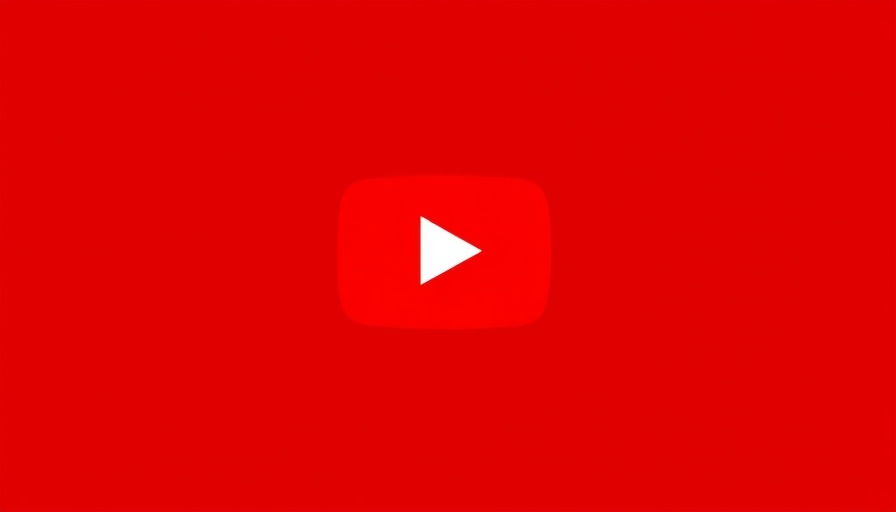
Reclaiming Peace: Understanding Anxiety Disorders in Today's World
In a world filled with uncertainty, anxiety has increasingly become a familiar foe for many, encompassing a wide range of conditions from generalized anxiety disorder to panic attacks and phobias. As we navigate the complexities of modern life, it’s essential to share stories that highlight resilience, healing, and the broader implications of mental health on society. This exploration aims to provide insight and support for those affected by anxiety, particularly the youth and vulnerable populations.
Shattering the Stigma: Why Awareness Matters
Awareness around mental health has grown, yet stigma remains a formidable barrier. Many individuals suffering from anxiety disorders hesitate to seek help due to fear of judgment. Reducing stigma is crucial not only for individual recovery but also for fostering a supportive community. Engaging in open discussions and sharing personal narratives can help demystify mental health issues and promote a culture of acceptance.
Support Networks: Essential for Recovery
Support is vital for navigating anxiety. Whether through support groups, counseling, or peer support, connecting with others can provide comfort and understanding. Community outreach and school-based programs play a critical role in reaching students and families, ensuring they know where to turn for help. Utilizing resources like the SADAG helpline can lead individuals to professional support and mental health education, reinforcing the idea that no one is alone in their struggle.
Pathways to Healing: Practical Strategies for Anxiety Management
Anxiety management is not one-size-fits-all. Techniques vary widely, from medication to cognitive behavioral therapy, meditation, and mindfulness practices. Each method offers unique benefits; for instance, engaging in regular exercise or exploring creative therapies like art and music can foster resilience and enhance well-being. Incorporating relaxation techniques and breathing exercises into daily routines can provide immediate relief from anxiety symptoms.
Future Perspectives: The Role of Digital Mental Health
The rise of technology offers exciting possibilities for mental health care. Teletherapy and anxiety management apps help bridge the gap for those who may face barriers to healthcare access, such as socioeconomic factors or geographical limitations. Digital resources provide an avenue for early intervention and preventive strategies, making mental health support more accessible than ever.
Understanding Economic Impacts: The Ripple Effect of Anxiety
Anxiety doesn’t exist in a vacuum; it affects all facets of life, particularly in challenging economic climates. Unemployment anxiety, exacerbated by challenges like COVID-19, impacts not just individuals but families and communities as a whole. Recognizing these socioeconomic stressors is essential to developing effective mental health policies that prioritize early detection and support.
Encouraging Holistic Approaches: Healing Through Various Lenses
Integrating various therapeutic approaches—such as traditional healing and holistic methods—can enrich mental health care. Understanding cultural considerations when addressing anxiety ensures that therapies resonate with diverse populations, facilitating better engagement and effectiveness. Emphasizing techniques such as yoga for anxiety or nature therapy can also encourage a well-rounded approach to mental well-being.
Call to Action: Community Engagement For Mental Health Awareness
It is imperative for communities to engage in mental health awareness campaigns, breaking down barriers and fostering environments of support. Together we can promote understanding and acceptance of mental health issues, paving the way for vulnerable individuals to seek and receive help. As we embrace empathy and connection, we create a more resilient community, one story at a time.
 Add Row
Add Row  Add
Add 




Write A Comment